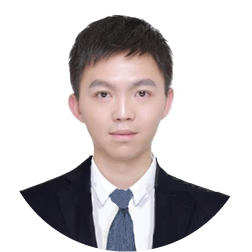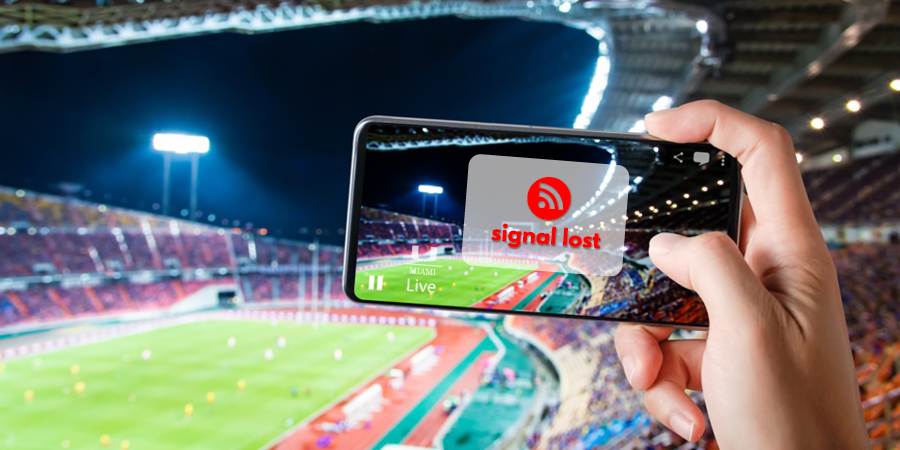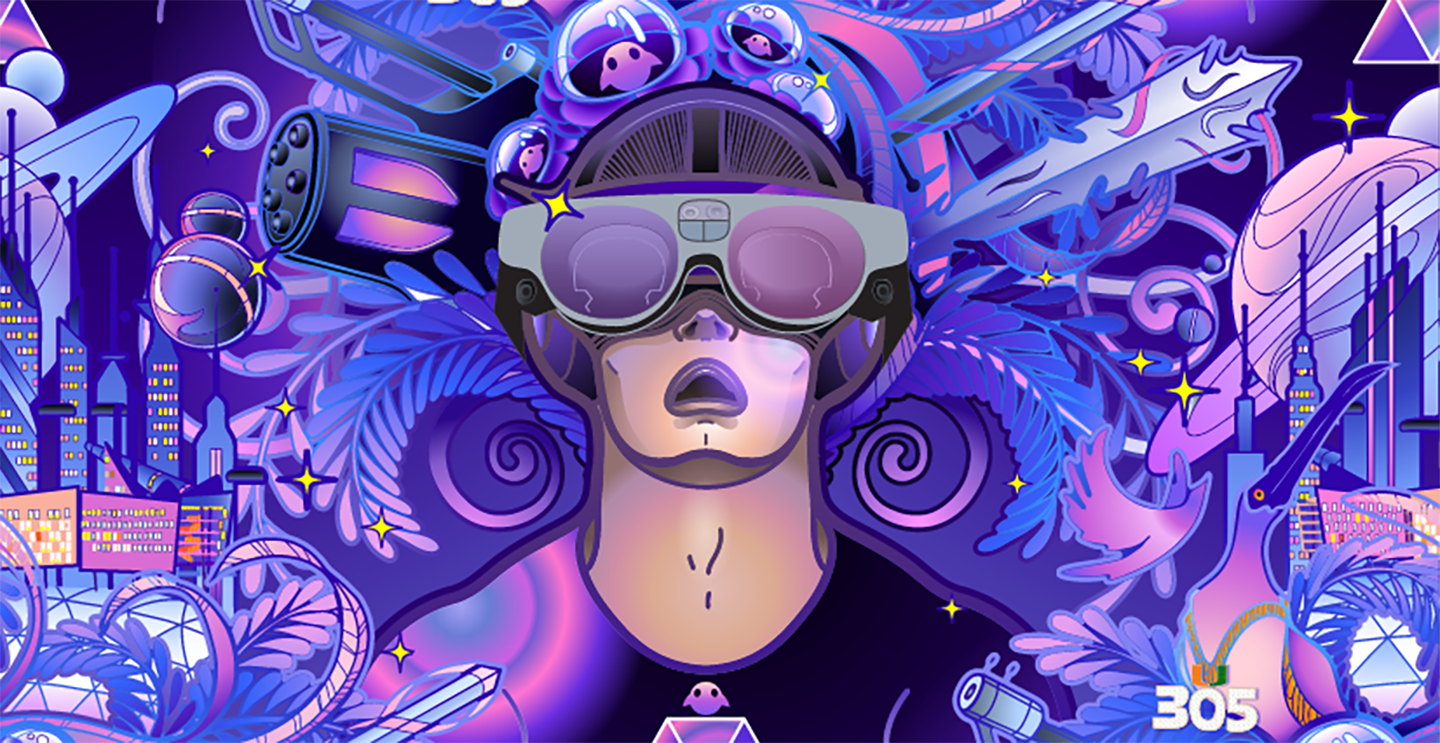Mingzhe Chen had a plan. Born and raised in in the interior of China, he moved to Wuhan for college and figured he’d get a telecommunications degree and find a job. It was 2009 and telecoms were booming, with the Chinese government building new networks and telecommunications infrastructure throughout the increasingly-connected nation. 
“At that time, telecommunications was a hotter major than computers,” Chen said. But the plan changed after Chen started working on his PhD at Beijing University of Posts and Telecommunications. Chen noticed that many important research papers he was reading were written by scientists abroad. “That’s why I wanted to move. I wanted to learn from good researchers in telecommunications and experience the life at famous foreign universities,” he said.
He made the jump to Virginia Tech as a visiting researcher, then to Princeton University as a postdoctoral researcher, and then in August, Chen joined the University of Miami’s Institute for Data Science and Computing (IDSC). Chen is part of a wave of joint appointment hires at IDSC designed to bolster both the Institute’s Artificial Intelligence and Machine Learning Unit (AI/ML) while splitting time with other departments at the University. Chen’s office will be in the College of Engineering.
“He’s a ball of energy,” said IDSC Deputy Director Ben Kirtman. “The guy is just so energetic, so enthusiastic. He’s very young, but I think he’s going to make a big difference in the Electrical and Computer Engineering department, really infusing some new ideas and moving that department forward. I think we have a diamond in the rough there.”
Chen, 32, has spent his research career trying to take 5G networks into a 6G world. Currently, most telecommunications infrastructure requires human operators to conduct real-time, hands-on adjustments to respond to changes and disruptions in the network. Chen wants to train the telecom infrastructure, and the devices they interact with, to adapt on their own. That means designing novel, intelligent, adaptive, machine-learning algorithms for both the infrastructure and personal devices to replace the rigid systems in place today. He gives the example of a big football game. In those situations, tens of thousands of people try to use the Internet at the same time and connect to the closest telecom towers for three hours straight, leaving each person struggling to open a video. “With machine learning, (the towers and devices) will identify this massive scenario and optimize the network dynamically,” he said.

IDSC Director Nick Tsinoremas said Chen’s research is fascinating because it strives to “mold the connected world. How do we do this kind of federated learning where if you have sensitive data sets, or data sets on your phone, how you can apply these new technologies in a privacy preserving mode?”
Chen has a PhD in computer engineering, but his research is at the intersection of machine learning, game theory, optimization, wireless communications, and networking, so he needs help. For example, he wants to augment his systems with blockchain technology that would provide better security and privacy for the telecommunication infrastructure, each person’s smartphone, and other connected devices. IDSC now has several blockchain expert—led by Yelena Yesha, the Director of the Institute’s AI/ML Unit—and others who are pioneers in the very fields he needs collaborators in.
Given the resources and experts available to him now, Chen said he also plans to explore new research projects. He wants to build a research lab filled with Internet of Things devices to test his algorithms and those developed by his colleagues and students. He wants to take his telecommunications expertise underwater to improve subsurface, wireless communication, and hopes to borrow the expertise of UM’s marine programs. And he wants to explore the world of quantum communication, which may help underwater communication systems.
Chen said the interdisciplinary mission at the University of Miami can help fulfill each of those goals, but he admits there were more personal reasons behind his decision to accept the job. Chen and his family had already been visiting Miami for years each winter. “We like Disney World, we like the cruises, and we like Key West,” he said.
But they won’t be doing much sightseeing for a while because they had their first baby in June. Instead, Chen will focus on his baby, his research, and his first experience teaching a class. Chen admits that he was nervous as he prepared for the fall course on computer networks. “I am excited, and also scared,” he said.
Tags: 5G+, 6G, AI, Artificial Intelligence, Internet of Things, IoT, Machine Learning, Mingzhe Chen, Nick Tsinoremas, telecommunications infrastructure, underwater communications, Yelena Yesha



